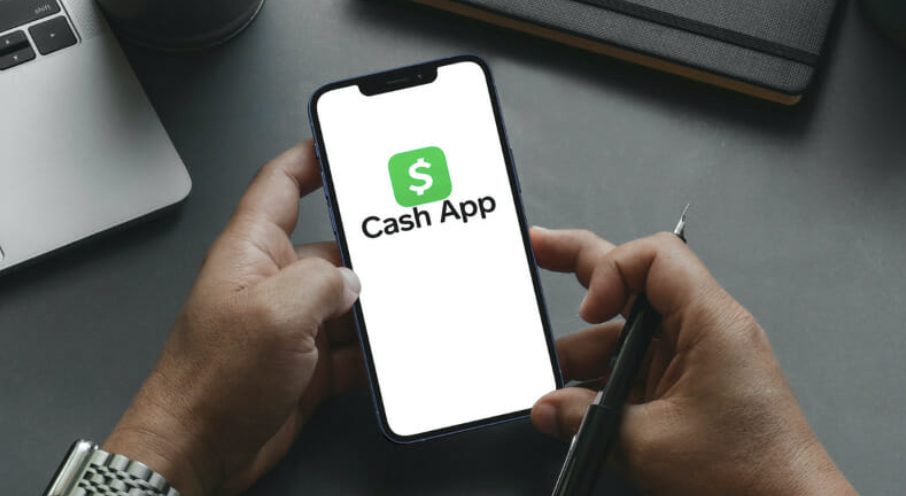Introduction:
One of the most popular choices for people looking for convenient finance management is Cash App. However, understanding its intricacies, especially concerning banking partnerships, can be crucial for users. Contrary to common misconceptions, Cash App is not a bank; it is a financial technology app developed by Block, Inc. The app relies on two FDIC-insured partner banks, Sutton Bank and Lincoln Savings Bank, to handle core banking functions.
Is Cash App a Bank?
No, Cash App is not a bank. It functions as a financial technology app developed by Block, Inc. Its primary features include a mobile money management platform for sending and receiving money.
Partner Banks:
Cash App outsources essential banking functions to its partner banks. Sutton Bank is prominently involved in administering the Cash Card, Cash App’s prepaid debit card, while Lincoln Savings Bank supports the direct deposit feature. Recent updates, however, indicate a potential shift in the relationship with Lincoln Savings Bank.
Direct Deposit and Banking Information:
Users may need to identify their specific bank partner and corresponding account details for activities such as setting up direct deposit, bill payments, or connecting an external bank account. The relevant information can be found in the Banking tab of the app under the current balance.
Using Cash App Without a Bank Account:
Cash App doesn’t require users to link a bank account. However, to access funds easily, especially for real-world purchases, obtaining a Cash Card is recommended. The Cash Card is free, doesn’t require a credit check, and allows users to make purchases wherever Visa is accepted.
Withdrawing Money Without a Bank Account:
Users can withdraw money from Cash App without a connected bank account by using the Cash Card for purchases. Alternatively, they can transfer funds to another Cash App user, who can then withdraw the money on their behalf. Caution is advised, and this method is best employed with trusted individuals.
Setting Up Direct Deposit:
Cash App supports direct deposits from employers, government benefits providers, third-party payers, and government revenue agencies. Direct deposits are typically available two days before a standard bank deposit, providing users with quicker access to their funds.
Security Considerations:
Cash App has made use of encryption technology to protect user funds, but it is as safe as other legitimate money transfer apps. Users should be cautious about sharing account credentials, and investments made through Cash App are not FDIC-insured.
Frequently Asked Questions:
The article addresses common questions about Cash App, covering topics such as costs, the Cash Card, sending money without a debit card, transfer limits, privacy, and FDIC insurance.
Conclusion:
In conclusion, although Cash App is not a bank in its own right, it partners with reputable banking institutions like Sutton Bank and Lincoln Savings Bank to provide vital financial services. By comprehending the functions of these banks, users can manage their finances more efficiently using Cash App, similar to how free budget templates aid in financial organization for a more seamless and secure monetary experience.

